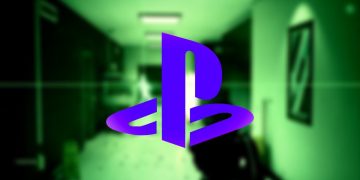It’s a tricky road when you’re trying to develop sovereign computing solutions. One direction often leads to insufficient resources, while another mimics international designs and loses its sense of originality. Russia seems to be treading both these paths. Following President Putin’s directive for a Russian gaming console, the industry there has taken a dual-track approach. As Habr.com reports, one path involves creating a console using the locally developed dual-core Elbrus processor. The other, according to RBC, is establishing a cloud gaming service with affordable, consumer-grade hardware, branding it as sovereign.
The Elbrus processor is known for its Very Long Instruction Word (VLIW) microarchitecture, traditionally used in demanding, critical computing tasks. Unfortunately, when it comes to performance, Elbrus doesn’t quite hold up. Benchmark tests generally deem its capabilities as “completely unacceptable” for most common tasks.
This upcoming console won’t be able to match the gaming powerhouses like the PlayStation 5 or Xbox Series X|S. Consequently, Russian officials are pushing developers to think outside the box to navigate these performance limitations.
“I hope my colleagues will approach this task with full responsibility and come up with something truly groundbreaking,” commented Anton Gorelkin, the Deputy Chairman of the State Duma Committee on Information Policy. He acknowledged that Elbrus processors don’t yet meet the standards to compete with PS5 and Xbox, which calls for innovative thinking.
One of the creative solutions might mean simplifying games to fit what Elbrus CPUs can handle. However, that might not appeal to Russian gamers used to top-tier games. Another approach is to leverage cloud rendering and computing resources, requiring users to have flawless internet connectivity for a smooth gaming experience.
Interestingly, Gorelkin stressed that the console should not only be a platform for old game ports but also boost local game development.
Shifting gears to cloud gaming, let’s discuss a console by MTS, a major Russian telecommunications company. MTS clearly brands its creation as a cloud gaming platform, called MTS Fog Play.
Priced at around $50, this device utilizes basic hardware and includes a controller similar to an Xbox one. At such a price, don’t expect it to natively support even entry-level Android games. Instead, it leans heavily on the MTS Fog Play cloud service, supporting both remote and rental gaming models. This means owners of high-spec PCs can rent games while still utilizing their existing hardware.
Neither of these consoles has launched yet, but we’re eagerly awaiting their arrival to see how they perform in real-world settings. Stay tuned—once they hit the market, we’ll be sure to dive deep into their benchmarks.















































